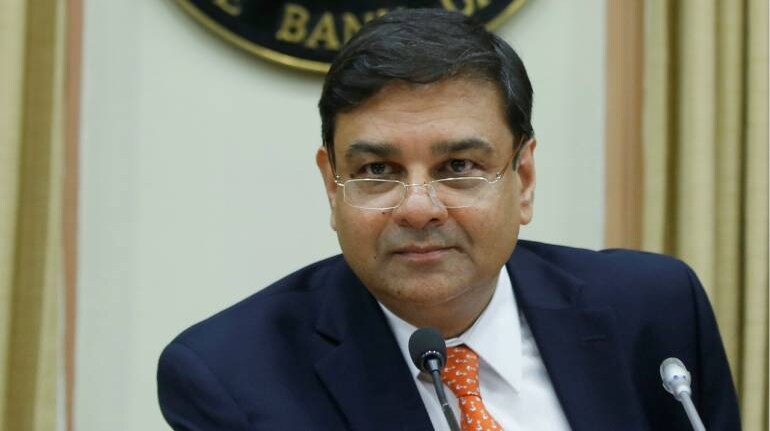



In his new book, Overdraft: Saving the Indian saver, former Reserve Bank of India (RBI) governor Urjit Patel has severely criticised the institution he once headed for acting too late in controlling the issue of Non Performing Assets (NPA).
“The RBI only started collating large exposure data in June 2014. It is reasonable to conclude that stakeholders have been in reactive mode,” Patel, who was governor of RBI between 2016-2018, said.
Patel resigned in 2018 ahead of his term following major differences with the government on a range of issues including the transfer of RBI reserves to the government and the issue of dual regulation of state-run banks.
The Gross NPAs in the banking sector shot up to Rs 9 lakh crore from around Rs 2-3 lakh crore in about five years after a major bad loan clean up exercise launched by the RBI in 2015. Higher NPAs impact banks as, under norms, they need to set aside money to cover these loans. This is called provisioning.
The former governor said that the banking regulator, prior to 2014, not only neglected to take away the ‘punch bowl’ from the credit-binge ‘party’ – thereby missing an opportunity to signal that it is cognizant of a potential risk to sector stability – but may have contributed to spiking the ‘punch bowl’ by reinforcing forbearance through perpetuating practices like designating NPAs as standard restructured assets, a non sequitur, Patel said.
Further, the supervisor’s role is to ensure that stringent risk-management processes and requirements are adhered to, Patel said. “There was a failure to acknowledge and rectify government banks’ inability to identify poor performing assets; and restructure and react quickly to improve recovery or cut losses (by way of illustration, iron and steel companies, airlines, generators, real estate, etc.), Patel said.
Govt ownership weakened banksIn his book, Patel has elaborated on how excessive government ownership has weakened the government banks in the country, which still control about 60 per cent of the assets in the industry.
“The public ownership creates an environment where market discipline is perceptibly weak, and where the regulator’s remit is circumscribed,” Patel said.
Patel added that as successive governments have found their capacity for further fiscal expansion becoming constrained, it has used the banks that it owns to fire up and pump-prime the economy.
“hence the term banking sector-fiscalization. We have been in the realm of political credit cycles for at least the last decade or so,” Patel said.
These comments need to be seen in the context of the recent Rs 20 lakh crore economic package rolled out by the government. Much of the package comprises bank loans, interest subvention schemes or easy liquidity facilities. Patel has a word of caution for the government here.
“The use of intermediaries by the government as quasi-fiscal instruments, with diversion of financing for non-commercial purposes, reinforces the decline in the quality of assets,” Patel said.
Secondly, the absence of effective and time-bound bankruptcy procedures force intermediaries to roll over existing sub-standard debt or convert them into equity, thereby continually building up the riskiness of their asset portfolio, the former governor said.
In the wake of Covid-19, the government had asked banks not to recognise any fresh NPAs (non-performing assets) linked to COVID-19 and also halted the IBC (insolvency and bankruptcy code) process for a year. Analysts have criticized this move saying that halting the resolution mechanism for a year could lead to a big spike in NPA later.
Government recently initiated a major bank merger among state-run banks and the same came into effect on April 1. According to this plan, Punjab National Bank (PNB) absorbed Oriental Bank of Commerce and United Bank, creating the second-largest bank after State Bank of India (SBI). Similarly, Syndicate Bank merged with Canara Bank, and Union Bank of India absorbed both Andhra Bank and Corporation Bank. Also, Indian Bank took over Allahabad Bank.
Discover the latest Business News, Sensex, and Nifty updates. Obtain Personal Finance insights, tax queries, and expert opinions on Moneycontrol or download the Moneycontrol App to stay updated!
Find the best of Al News in one place, specially curated for you every weekend.
Stay on top of the latest tech trends and biggest startup news.